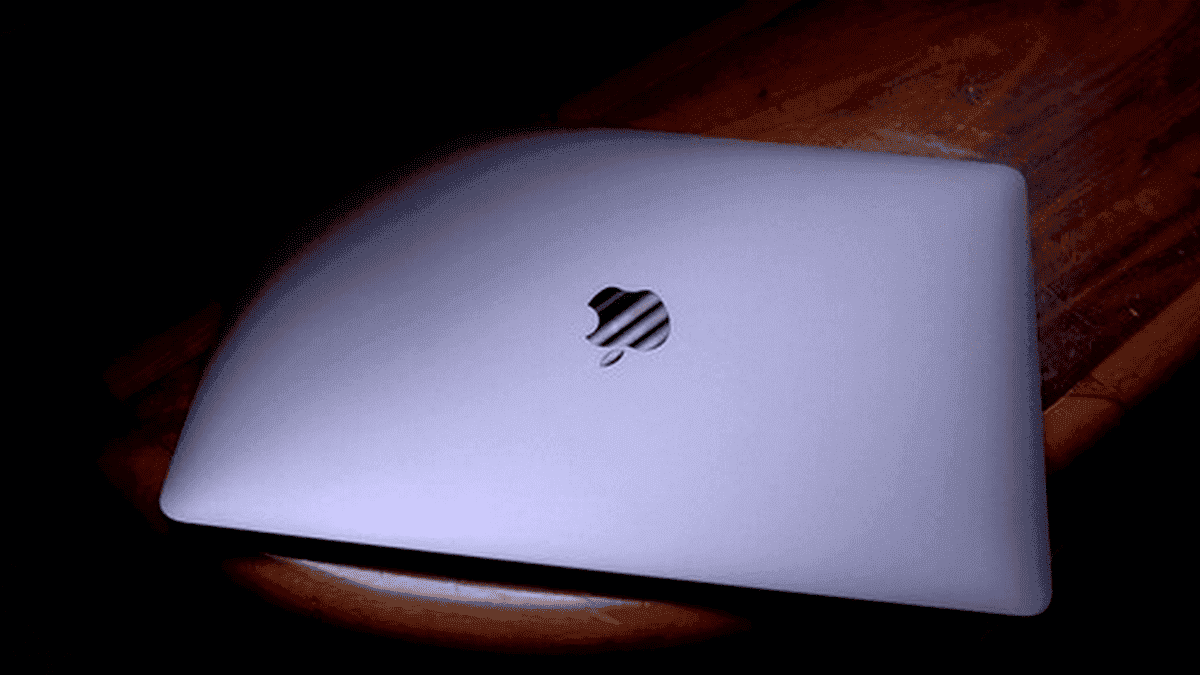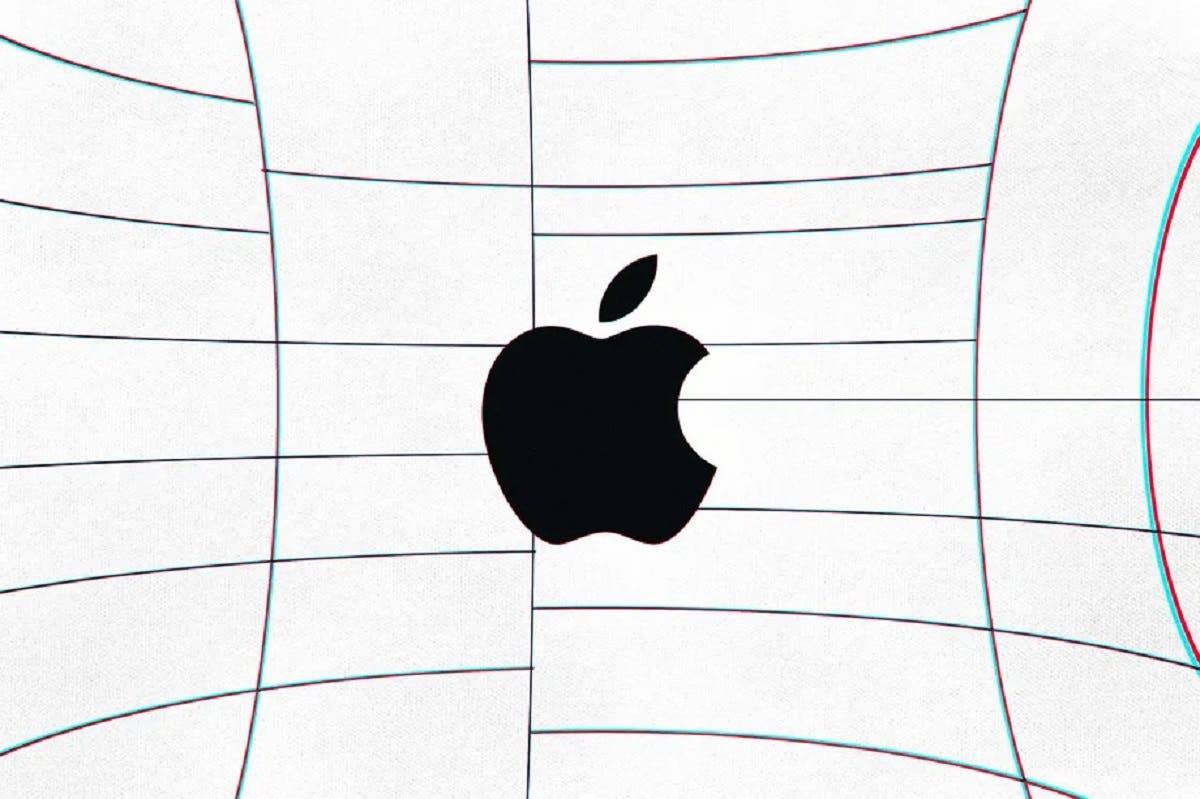Apple is set to unveil the next generation of its in-house designed processors, the M4 series, marking a significant step in the company‘s strategic shift towards artificial intelligence (AI) integration. This article dives deeper into the reported details surrounding the M4 chips, their impact on the Mac lineup, and the potential implications for Apple’s future product development.
Apple’s AI Push: M4 Chips and a Refreshed Mac Lineup

M4: Ushering in an Era of AI-Centric Computing
According to a recent report by Bloomberg‘s Mark Gurman, a trusted source for Apple news, the M4 chip family is poised to prioritize AI capabilities. This focus on AI aligns with Apple’s broader strategy to weave AI functionalities across its entire product ecosystem. The M4’s architecture is expected to be built upon a refined 3-nanometer (nm) manufacturing process. Potentially offering performance and power efficiency improvements compared to the M3 series. A key element of the M4 will likely be a significantly enhanced Neural Engine. Boasting an increased number of cores specifically designed to accelerate AI workloads.
This emphasis on AI processing power suggests Apple’s intention to empower developers with tools to create innovative applications that leverage machine learning and other AI techniques. Potential areas of application could include enhanced image and video editing capabilities, improved performance in creative software suites, and advancements in areas like scientific computing and data analysis.
Revitalizing the Mac Lineup with M4 Power
The introduction of the M4 chips coincides with Apple’s plan to revitalize its Mac lineup. Following a 27% sales decline in the fiscal year ending September 2023, Apple is aiming to reignite consumer interest with a comprehensive refresh across its Mac product lines. The M3 chips, launched last October, failed to deliver a substantial performance leap over the M2 generation, potentially contributing to the sales slump.
Apple’s solution lies in the M4 series. The company reportedly intends to equip a wide range of Macs with these new processors, including:
- Late 2024: New iMacs, a lower-end 14-inch MacBook Pro, high-end 14-inch and 16-inch MacBook Pros, and Mac minis.
- Spring 2025: 13-inch and 15-inch MacBook Airs.
- Mid-2025: Mac Studio.
- Late 2025: Mac Pro.
This aggressive rollout schedule signifies Apple’s commitment to propelling the Mac forward. The refresh cycle for the iMac and MacBook Pro lines aligns with a more smartphone-like annual upgrade cadence, potentially driving renewed consumer interest.
The M4 chip variants will cater to different performance needs. A lower-tier M4 will power entry-level MacBook Pros, new MacBook Airs, and base-model Mac minis. Mid-tier M4 chips will likely find their way into high-end MacBook Pros and higher-specification Mac minis. Finally, a top-tier M4 variant is reportedly being designed specifically for the Mac Pro. Catering to the demanding needs of professional users.

Pushing the Boundaries: Increased RAM Capacity
In addition to the M4 chip integration, Apple is reportedly considering expanding the memory options for its high-end Mac desktops. The current RAM capacity limit of 192GB may be surpassed. Potentially allowing users to configure these machines with up to 512GB of RAM. This significant increase in memory would cater to professionals working with massive datasets, complex 3D rendering projects, and other memory-intensive tasks.
Looking Ahead: The Future of Apple and AI
The M4 chip series represents a pivotal moment for Apple. Signifying its commitment to AI innovation and a revitalized Mac lineup. The focus on AI processing power opens doors for developers to create a new generation of intelligent applications. While the expanded Mac refresh plan aims to reignite consumer interest. Additionally, the potential increase in RAM capacity for high-end desktops caters to the ever-growing demands of professional users.
Apple’s strategic shift towards AI integration across its products is a fascinating development with far-reaching implications. The M4 chips mark the beginning of this journey, and it will be intriguing to witness how Apple leverages AI to enhance not only its Mac lineup but its entire product ecosystem in the years to come.



